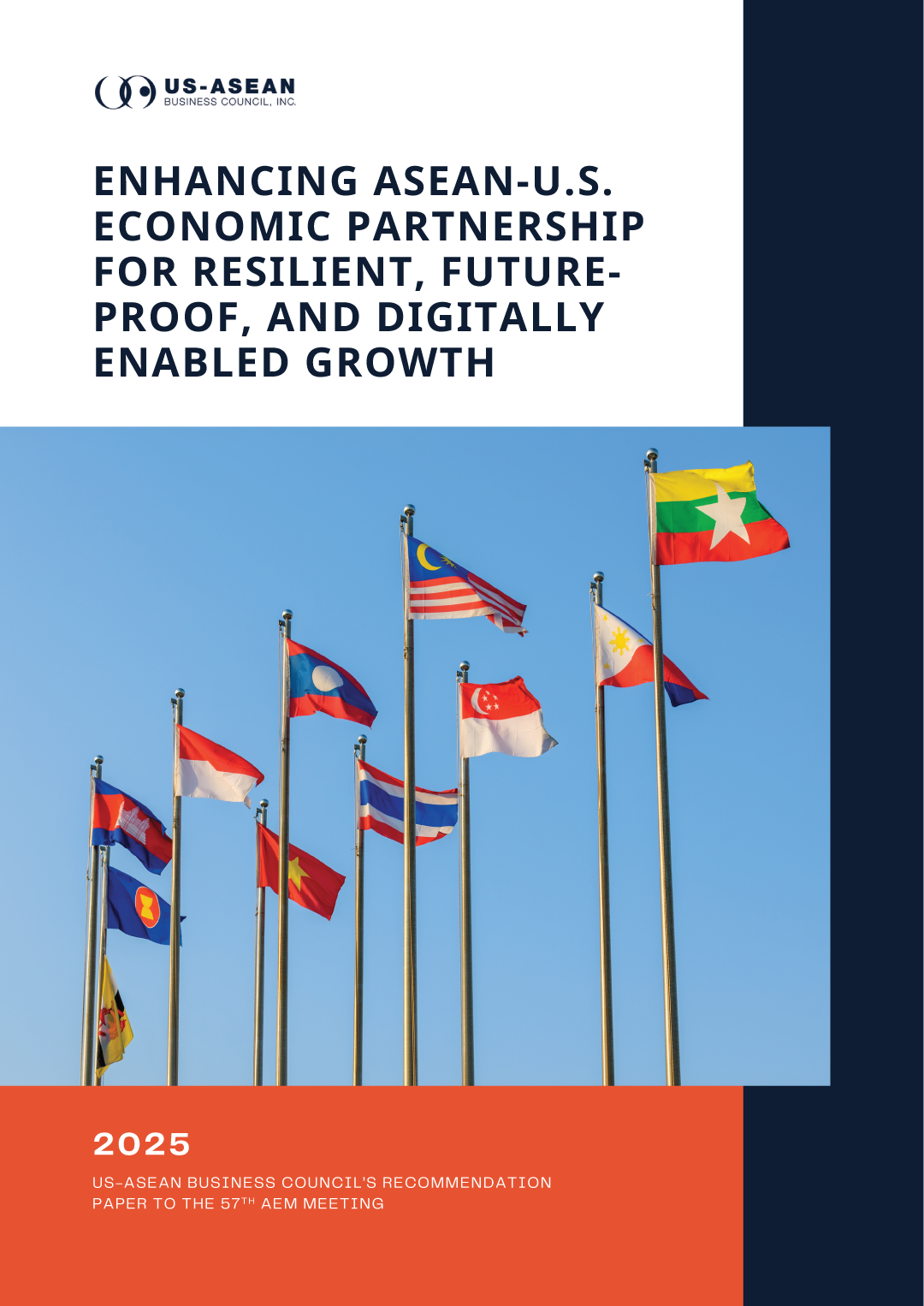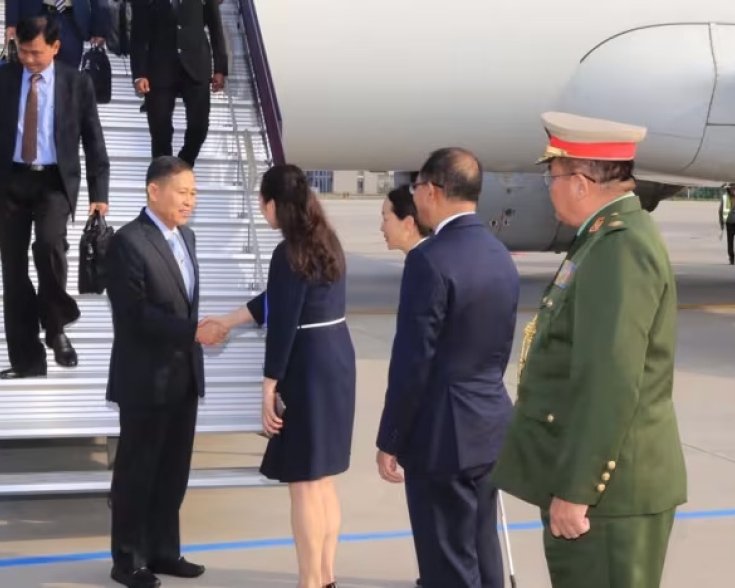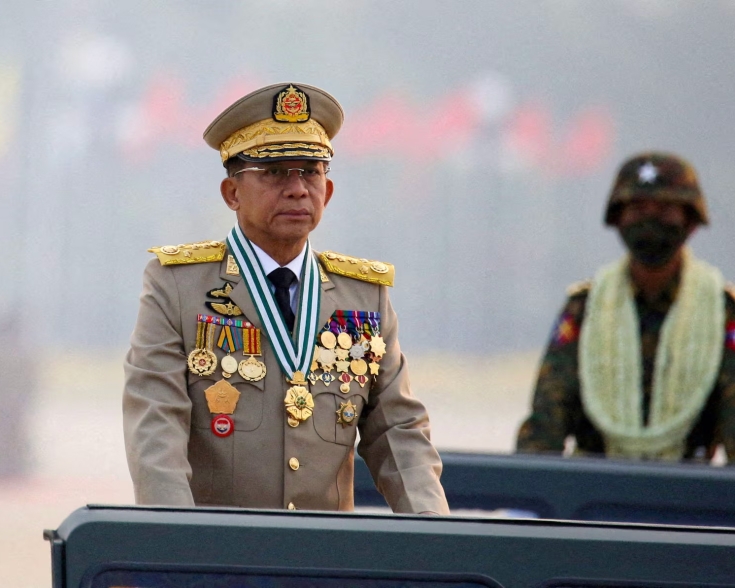ASEAN Releases Regional Guide on AI Governance and Ethics

On February 2, the ASEAN Guide on AI Governance and Ethics (“Guide”) was endorsed at the 4th ASEAN Digital Ministers’ Meeting in Singapore. The Guide seeks to empower governments and organizations by fostering greater trust, interoperability, and policy harmonization in AI through the promotion of international standards and best practices. The Guide’s light-touch, risk-based approach is a notable deviation away from the more top-down, hard regulatory approach adopted by the EU AI Act, reflecting a more pragmatic as opposed to fear-based view of AI among ASEAN policymakers as well as a recognition of the variation in digital readiness, governance systems, and institutional capacity among ASEAN Member States. The Guide marks a key milestone in the region’s AI journey, offering recommendations for policymakers to foster AI innovation and adoption, while mitigating AI-related risks at both the regional and national levels.
Adopting a Risk-based Approach
The Guide outlines several steps AI deployers and developers can adopt to promote the responsible use of AI throughout the AI system lifecycle. Iterative risk assessments are highlighted as a key tool to ensure safety and security, providing governments and organizations with a structured methodology to evaluate potential risks and determine the appropriate level of human involvement in AI-augmented decision-making. For high-risk AI systems, the Guide recommends a human-in-the-loop approach to help ensure the outcome is accurate, fair, and/or safe. The Guide provides a risk assessment template for stakeholders to reference, drawing upon Singapore PDPC’s Implementation and Self-Assessment Guide for Organizations.
Promoting an Innovative AI Ecosystem
Recognizing the data-intensive nature of AI systems, the Guide highlights the importance of ensuring a rich data environment is in place to enable AI systems to be more accurate and effective while minimizing barriers to entry for AI development. The Guide recommends governments make selected government data freely available to improve the training of AI models that benefit national interests and encourage greater public-private data sharing more generally. The Guide also acknowledges the importance of the facilitation of cross-border data flows and greater interoperability between national data protection legal frameworks and AI governance approaches.
Fostering Public-Private Collaboration
National-level recommendations for policymakers largely focus on creating a supportive environment for businesses and workforce development. The Guide stresses the importance of government working hand-in-hand with private sector partners to upskill their existing labor force, future-proof local educational curricula, invest in digital infrastructure, and facilitate healthy discourse of pioneering research in the field. Recommendations also include direct support for businesses, particularly AI startups, via upskilling and hiring grants and the development of policies and platforms to facilitate investment.
At the regional level, the Guide also recommends the establishment of an ASEAN AI Working Group on AI Governance to help implement the recommendations set forth by the Guide. The Working Group would fall under the purview of the ASEAN Digital Senior Officials and include consultation with industry partners where appropriate. Given the rapid adoption of generative AI systems, the development of generative AI governance guidelines has been put forward as a timely initial project for the proposed Working Group. Among ASEAN Member States, there are currently no governance frameworks in place focused specifically on generative AI, with Singapore currently in the process of developing its Model AI Governance Framework for Generative AI.
Looking Ahead
Given the Guide’s voluntary nature, the effectiveness of the Guide will ultimately hinge on how closely it is referenced by ASEAN Member States as they develop their national strategies. Other AI developments have the potential to influence AI policy developments in the region. Technical details of the EU AI Act were approved on the same day ADGMIN endorsed the ASEAN Guide on AI Governance and Ethics. The EU AI Act will likely be formally adopted and published in the EU’s official journal during Q2, making it fully applicable within two years from its official publication. Certain provisions will come into force earlier, including bans on prohibited practices (6 months), general purpose AI rules (12 months), and obligations for high-risk systems (36 months). The Philippines has separately indicated interest in proposing an ASEAN-level regulatory framework when it assumes the ASEAN Chairmanship in 2026.
The Guide serves as a promising first step towards greater AI policy alignment in the region as policymakers seek to promote responsible AI development and adoption. Some ASEAN Member States have already indicated that the Guide will serve as their roadmap for developing national policies to promote AI innovation. At the national level, several ASEAN Member States, including Malaysia, Indonesia, Singapore, and Thailand, have begun to develop new AI frameworks, ethical codes, or regulations, which will present the first opportunities to test the Guide’s influence in the region. The ASEAN Digital Economy Framework Agreement (DEFA) study endorsed last year by the ASEAN Economic Members (AEM) also highlighted cooperation on emerging topics, including AI, as one of DEFA’s nine core elements. As ASEAN looks towards implementing a more regionally aligned approach to AI, the Council will actively seek to engage policymakers through various forums, including the DEFA negotiating rounds.





![Cover-[USABC-Final]-Driving-ASEAN-Unity-Malaysia's-Vision-for-2025](/sites/default/files/2025-07/Cover-%5BUSABC-Final%5D-Driving-ASEAN-Unity-Malaysia%27s-Vision-for-2025.jpg)


